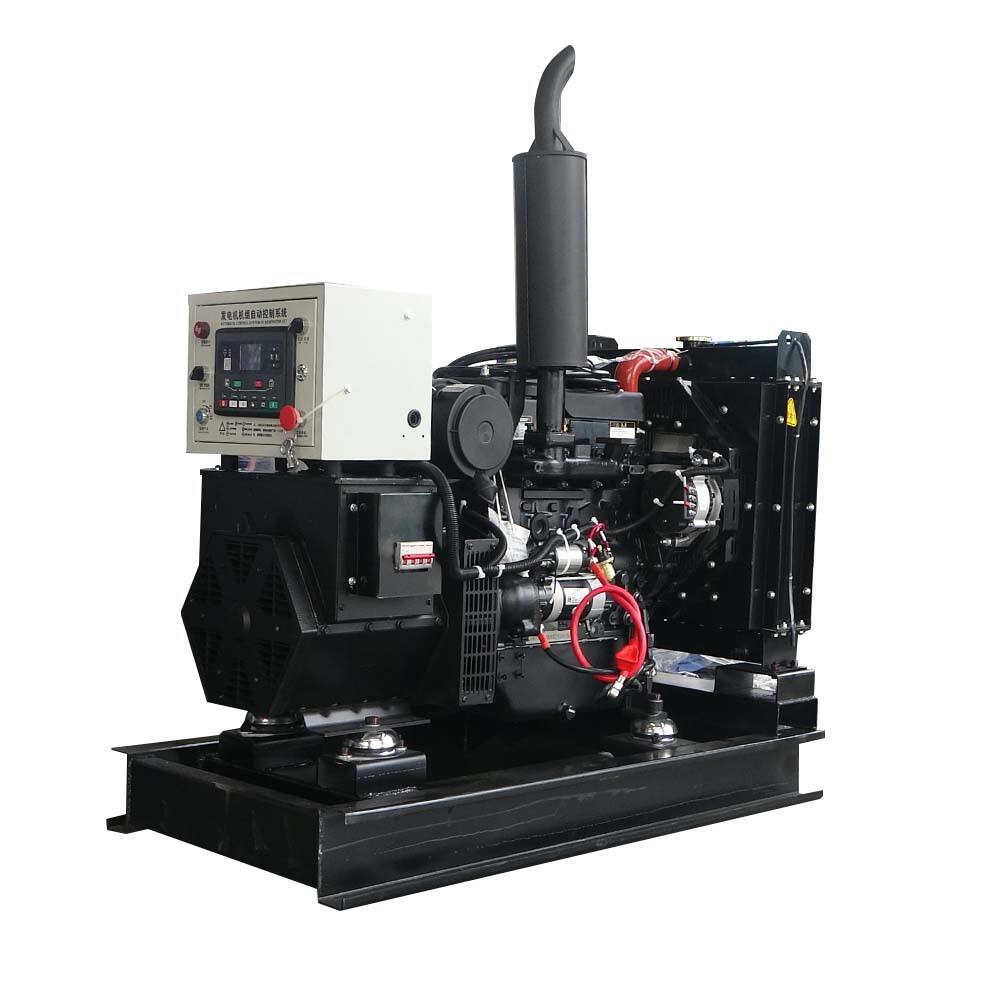
When it comes to choosing a generator for your home, stage business, or industrial use, the between a Gas generator set and a gasoline author is one that many face. Both types of generators do the same basic work: providing backup major power when the primary source fails. However, the differences in fuel types, work costs, sustenance, and overall can make one selection more right for certain applications than the other. Understanding the pros and cons of each can help you make an familiar pick based on your particular needs.
One of the primary feather distinctions between diesel motor and petrol generators is the type of fuel they use. Diesel generators run on diesel fuel, which is wide available and often less dearly-won than gasoline in many areas. Gasoline-powered generators, on the other hand, use petrol, which tends to be more readily available at most fuel Stations of the Cross but is typically more expensive per Imperial gallon. The terms difference can play a significant role in the long-term operational , especially for heavy or unremitting use.
In damage of fuel , diesel engine generators generally have the upper berth hand. Diesel fuel contains more vitality per congius than gasoline, which substance that diesel engine generators can run thirster on the same number of fuel. This is particularly plus for those who need to major power boastfully appliances or run a source for spread-eagle periods. As a result, diesel generators tend to be more thrifty over time, especially for commercial or industrial applications where straight great power is a necessity.
Another advantage of diesel generators is their enduringness and longevity. Diesel engines are premeditated to stand firm high levels of try and wear, meaning they can last much thirster than gasolene engines if right preserved. Diesel-powered units are often built for heavy-duty tasks, making them nonsuch for construction sites, big businesses, or locations where power outages are shop. In contrast, gasoline generators are more appropriate for igniter, sporadic use, such as powering household appliances during short-circuit-term major power outages or for nonprofessional purposes like camping.
Maintenance is another area where diesel generators often have an vantage. While both types of generators need fixture servicing, diesel motor engines typically need less buy at maintenance than gas engines. Diesel generators are less unerect to issues like trigger off plug unsuccessful person and carburettor problems, which are commons in gasoline engines. Additionally, diesel engine engines are better armed to handle bemire or impure fuel, reducing the risk of engine over time. On the flip side, gasoline generators can be easier to service and resort due to their simpler plan.
Noise levels are an evidentiary consideration, especially in human activity areas or places where quiesce surgery is required. Generally, gasoline generators tend to be quieter than diesel motor generators, which can be quite loud due to the nature of diesel motor . While Bodoni diesel engines are quieter than experient models, the resound factor in is something to keep in mind, particularly if the generator will be used in a inhabited area.
Environmental bear upon is another consideration. Diesel generators tend to create more emissions compared to gas generators, though advancements in engineering science have made modern diesel engine engines more environmentally friendly. Gasoline generators, being burning, tend to emit few pollutants. However, both types of generators should be used responsibly and with consideration for their environmental affect.
Ultimately, the between a diesel engine and a gas author depends on your particular needs. If you need a generator for heavily-duty, long-term use and want turn down work costs, a diesel generator may be the better selection. If you need a portable, quieter author for short-term use or amateur purposes, a gasolene author may be more proper. By advisement factors such as fuel , sustainment, make noise levels, and your well-meaning exercis, you can take the right source to meet your power needs.
